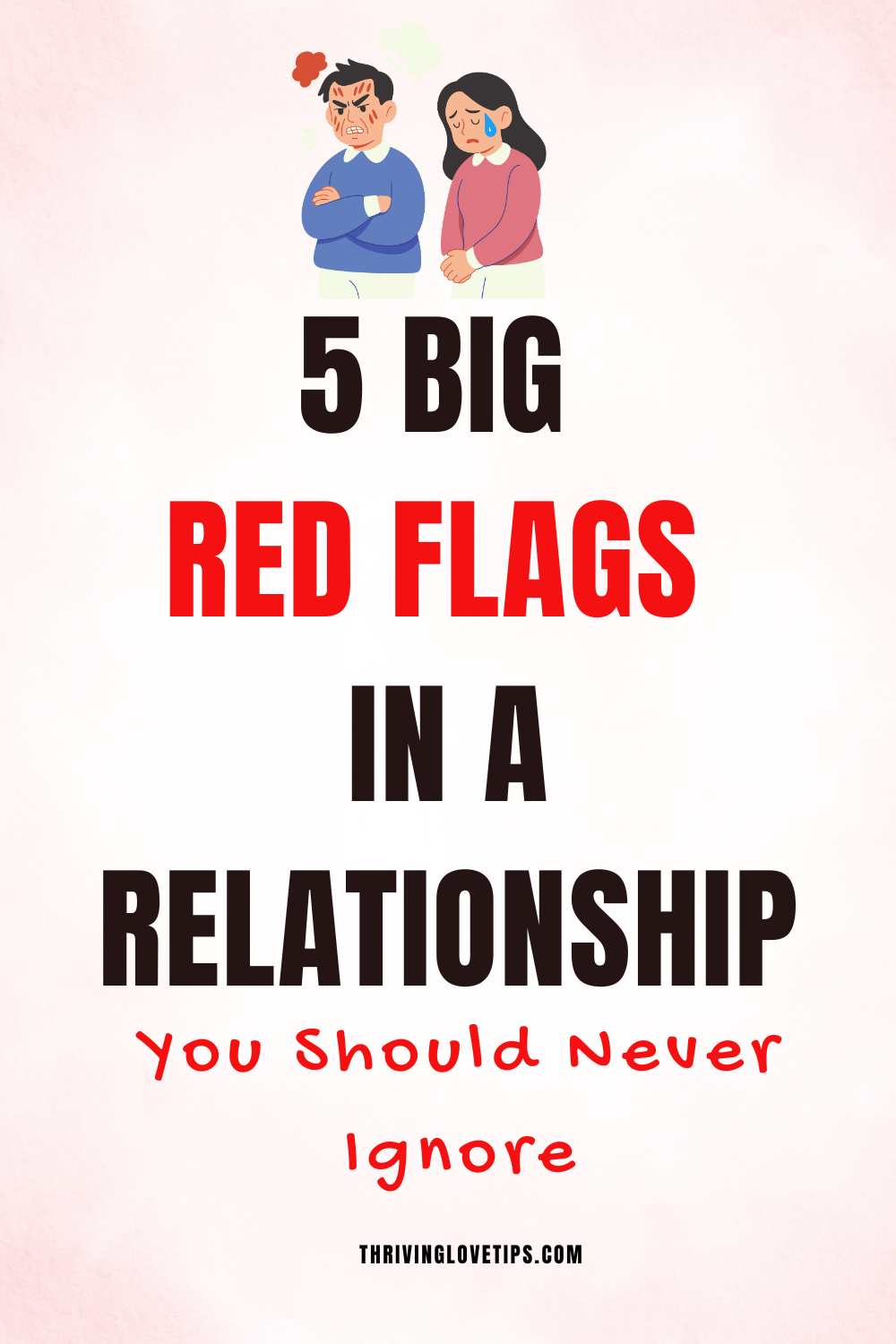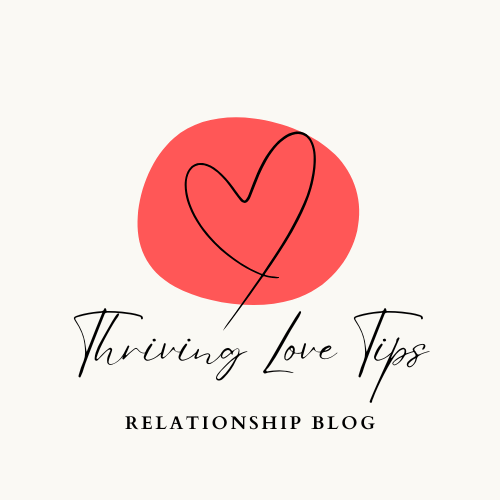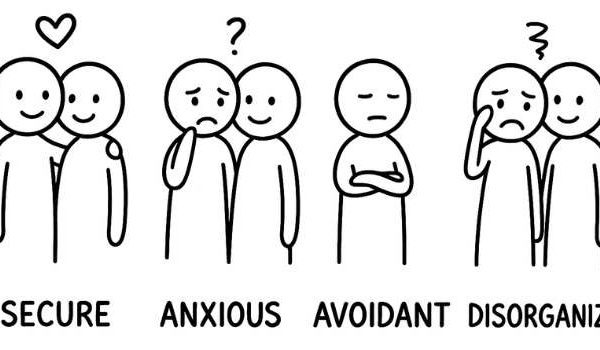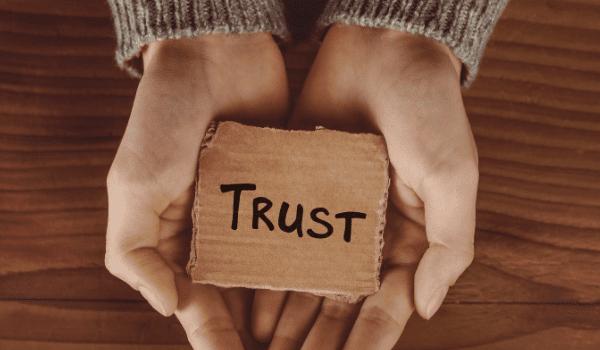We’ve all been there, caught up in the excitement of a new relationship or deeply invested in a long-term partnership, when something happens that makes us pause. Maybe it’s a comment that doesn’t sit right, a behavior that seems off, or a pattern we’ve started to notice. That little voice in your head whispers that something isn’t okay, but another voice, louder and more hopeful, rushes in to explain it away. Everyone has bad days, right? Nobody’s perfect. Maybe you’re being too sensitive or too demanding. Maybe this is just what real relationships look like.
But here’s the uncomfortable truth: sometimes that quiet voice of concern is your intuition trying to protect you from something genuinely harmful. Not every relationship problem is a red flag, but some warning signs are so serious that ignoring them can lead to years of unhappiness, damage to your mental health, or worse. These aren’t minor annoyances or quirks you can work through with better communication. They’re fundamental issues that signal something is deeply wrong with the relationship dynamic.
The tricky part is that red flags often disguise themselves as other things. Jealousy masquerades as caring. Control pretends to be protectiveness. Manipulation hides behind claims of love. And by the time you recognize what’s really happening, you’re often already emotionally invested, making it harder to see clearly and act decisively. Understanding these major red flags and being willing to acknowledge them when you see them isn’t about being pessimistic or giving up too easily. It’s about protecting yourself and refusing to accept treatment that damages who you are.

Red Flag 1: They Consistently Disrespect Your Boundaries
Boundaries are the foundation of healthy relationships. They define what you’re comfortable with, what you need, and where your limits are. When someone consistently ignores, dismisses, or violates your boundaries, they’re sending a clear message: your needs don’t matter as much as their wants.
This might look like continuing to text you constantly after you’ve asked for space, showing up uninvited after you’ve said you need alone time, or pressuring you sexually when you’ve expressed discomfort. It might be sharing private information you explicitly asked them to keep confidential, or making jokes at your expense after you’ve told them it hurts your feelings.
Dr. Henry Cloud, psychologist and author of “Boundaries,” emphasizes that “when people consistently violate your boundaries, they’re showing you they don’t respect your autonomy as a separate person with your own needs and limits. This is a fundamental relationship problem that rarely improves on its own.”
Pay attention to what happens when you set a boundary. A healthy partner might be disappointed but will ultimately respect your limits. A partner waving red flags will argue with you about why your boundary is unreasonable, try to negotiate it away, guilt-trip you for having it, or simply ignore it and do what they want anyway.
Boundary violations escalate over time. What starts as “harmless” pushing gradually becomes more serious as they test to see how much you’ll tolerate. If someone can’t respect your “no” about small things, they certainly won’t respect it about big things. And a relationship where you can’t safely say no isn’t a relationship at all. It’s a hostage situation.
Red Flag 2: The Relationship Is All About Them
In healthy relationships, there’s reciprocity. Both people give, both people receive, both people’s needs and feelings matter. But in relationships with this red flag, everything somehow always circles back to one person: their problems, their needs, their feelings, their schedule, their preferences.
When you try to talk about your bad day, they somehow turn the conversation to their worst day. When you express hurt over something they did, they flip it around so you end up comforting them. When you have plans, their last-minute needs take priority, but your needs are always negotiable or ignorable. Your accomplishments are barely acknowledged, but theirs require celebration.
Psychologist Dr. Craig Malkin, who studies narcissism in relationships, notes that “extreme self-centeredness in a partner isn’t just annoying. It’s emotionally exhausting and leaves you feeling unseen, unvalued, and emotionally depleted. You become a supporting character in the story of their life rather than the co-star in your shared story.”
This pattern creates a profound imbalance where you’re constantly accommodating, adjusting, and sacrificing while your partner operates as if their needs are the only ones that matter. You might find yourself unable to remember the last time you did something you wanted to do, spent time with people you care about, or pursued interests your partner doesn’t share.
Over time, this imbalance erodes your sense of self. You become so focused on managing their feelings and meeting their needs that you lose touch with your own. You can’t remember what you liked before this relationship, what you wanted, or who you were. That loss of self isn’t a minor issue. It’s a fundamental sign that the relationship is consuming you rather than supporting you.
Red Flag 3: They Try to Isolate You
One of the most dangerous red flags is when a partner systematically works to separate you from your support system. This might start subtly, with comments about how your friends are bad influences or how your family doesn’t really understand you like they do. They might create drama or problems every time you make plans with others, causing so much stress that eventually it’s easier to just stay home.
As it progresses, they might explicitly discourage or forbid contact with certain people, get angry when you spend time away from them, demand constant check-ins about where you are and who you’re with, or make you choose between them and other important relationships in your life.
Dr. Andrea Bonior, psychologist and relationship expert, warns that “isolation is a hallmark of abusive relationships. When someone cuts you off from friends, family, and other sources of support, they’re ensuring you have nowhere to turn and no one to reality-check their behavior with. It’s one of the most dangerous patterns because it leaves you vulnerable and dependent.”
This isolation serves multiple purposes for a controlling partner. It removes outside perspectives that might point out concerning behavior. It eliminates people who might encourage you to leave or offer you a place to go. It makes you completely dependent on your partner for all your social and emotional needs, increasing their control over you.
If you notice that your social circle has shrunk dramatically since entering this relationship, that you’ve lost touch with people who were once important to you, or that you feel anxious about maintaining connections outside the relationship, pay attention. This isn’t normal relationship evolution. It’s a serious warning sign.
Red Flag 4: They Can’t Take Responsibility for Their Actions
We all make mistakes in relationships. We hurt our partners sometimes, even when we don’t mean to. What separates healthy relationships from toxic ones is what happens next. In healthy relationships, people apologize genuinely, take responsibility, and work to do better. In relationships with this red flag, accountability is nowhere to be found.
Instead, you get excuses, justifications, and blame-shifting. “I wouldn’t have yelled if you hadn’t made me so angry.” “I only did that because you did this first.” “You’re too sensitive.” “That’s not what happened.” “You’re remembering it wrong.” Every hurt you experience somehow becomes your fault, your overreaction, your problem.
Dr. Harriet Lerner, who has written extensively about apologies and accountability, emphasizes that “the inability to offer a genuine apology is a serious character flaw that prevents relationships from healing and growing. When someone can never admit they’re wrong, can never take responsibility for harm they’ve caused, the relationship becomes a one-way street where you’re always the problem.”
This pattern is exhausting because it means you can never resolve conflicts or move forward from hurts. Instead, you spend all your energy defending your reality, proving that what happened actually happened, and trying to get your partner to see your perspective. But they never will, because admitting fault would threaten their self-image or their power in the relationship.
Over time, you might start doubting yourself. Maybe you are too sensitive. Maybe you did cause them to act that way. Maybe your memory is faulty. This erosion of your confidence in your own perceptions is called gaslighting, and it’s one of the most psychologically damaging patterns that can exist in a relationship.
Red Flag 5: You Feel Afraid
This is perhaps the most straightforward and serious red flag: if you’re afraid of your partner, in any way, that relationship is not safe. Fear might look like physical intimidation or violence, but it can also be more subtle. You might be afraid of their anger, their reaction if you disagree, their response if you try to leave, or the consequences of not doing what they want.
You walk on eggshells, constantly monitoring their mood and adjusting your behavior to avoid setting them off. You censor yourself, hiding your true thoughts, feelings, and even your activities because you’re afraid of how they’ll react. You feel anxious when you know you’ll see them, rather than excited or comforted.
Clinical psychologist Dr. Robin Stern, who studies emotional abuse, states clearly that “fear has no place in a loving relationship. If you’re afraid of your partner, whether that fear is of physical violence, emotional cruelty, or abandonment, you need to take that seriously. Fear is your body’s way of telling you that you’re not safe.”
This fear might be rational, based on past experiences of their rage, cruelty, or violence. Or it might be a more generalized anxiety about their unpredictability, their emotional volatility, or their capacity to hurt you emotionally, even if they’ve never been physically violent. Either way, it’s a red flag that can’t be explained away or worked through with better communication.
Love and fear are fundamentally incompatible. You cannot be authentically yourself, cannot be vulnerable, cannot truly connect with someone you’re afraid of. A relationship built on fear, no matter how much “love” is claimed, is a relationship that’s causing you harm.
Read also 10 Signs of a Toxic Relationship: How to Recognize When Love Has Turned Harmful
Trust Yourself
The hardest part about recognizing red flags is that they often come attached to someone you care about, someone who has good qualities too, someone you’ve invested time and emotion in. It’s natural to want to make excuses, to focus on the good times, to believe they’ll change. But these five red flags represent fundamental problems that rarely improve without serious intervention, and often not even then.
If you recognize one or more of these patterns in your relationship, please take it seriously. Talk to people you trust, reach out to a therapist, and contact domestic violence resources if needed. You deserve a relationship where you feel respected, valued, safe, and free to be yourself. Anything less isn’t love, no matter what it calls itself.
Your instincts are worth listening to. That uncomfortable feeling that made you read this article? That’s important information. Don’t ignore it, explain it away, or minimize it. Trust yourself enough to acknowledge when something is seriously wrong, and be brave enough to prioritize your wellbeing over preserving a relationship that’s hurting you.
Red flags aren’t minor issues to overlook or work around. They’re warnings meant to protect you. Pay attention to them. Your future self will thank you.




